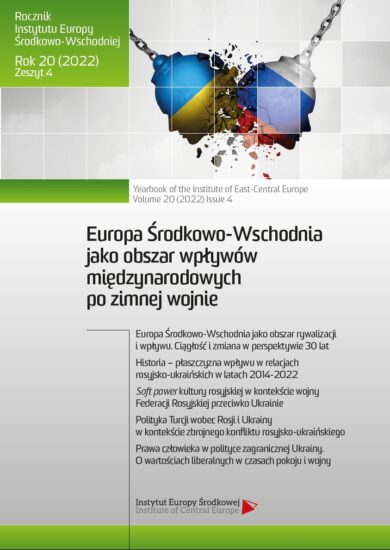Europejska autonomia strategiczna
w percepcji państw Europy Środkowej
European strategic autonomy in the perception of Central European countries
Author(s): Mieczysław Szlachta, Andrzej CiupińskiSubject(s): Politics / Political Sciences, Politics, Government/Political systems, Military policy, Geopolitics
Published by: Instytut Europy Środkowej
Keywords: European Union; autonomy; security; defense; strategy; cooperation
Summary/Abstract: The article concerns programs and activities related to the EU Common Foreign and Security Policy. Research studies the so-called “Europeanstrategic autonomy” and its perception in Central European countries. Authorsused extensive literature on the subject, official documents, including the EUtreaties, declarations of the European Council, conclusions and decisions ofthe EU Council. The first stage of the European Security and Defense Identitywas for the countries of Central Europe a preliminary period to membershipin the EU and NATO. These institutions were not treated as competitive. Although during the implementation of the European Security and DefensePolicy, NATO was considered by the Central Europe courtiers as a more credible organization. As a result of the reforms and the adoption of the LisbonTreaty (LT), there were concerns among new members about the limitationof their sovereignty. This had a negative impact on the implementation of theEU’s Common Security and Defense Policy. Therefore, the Permanent Structured Cooperation (PESCO) was introduced eight years after the LT entry intoforce. Central European countries joined PESCO and submitted their projects.Now we are entering the next stage in the development of European strategic autonomy e.g., in 2022, the “Strategic Compass” will be announced anda debate on the EU conference on the “Future of Europe” will be held.
Journal: Rocznik Instytutu Europy Środkowo-Wschodniej
- Issue Year: 20/2022
- Issue No: 4
- Page Range: 23-39
- Page Count: 17
- Language: Polish

